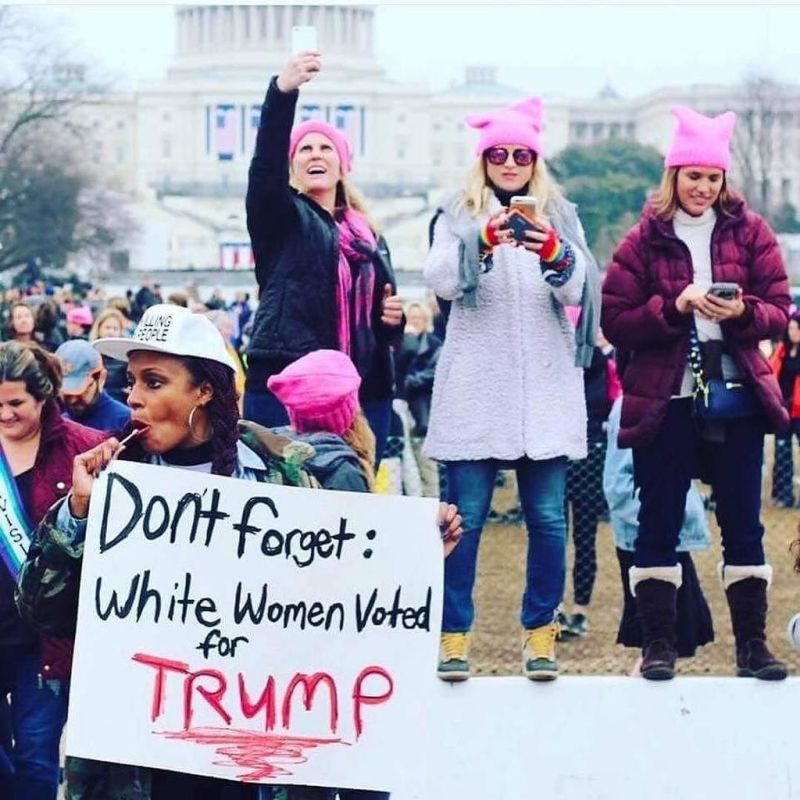What Does It Mean To Be White? Developing White Racial Literacy by Robin DiAngelo
Written by Ashley Kelmore, Posted in Reviews
4 stars
Best for: White people interested in antiracism work (so, hopefully, all white people, but I’m not that naive).
In a nutshell: Academic (and white person) Robin DiAngelo breaks down many of the problems white people have in confronting our own socialization in the racist reality we live in.
Line that sticks with me: “Because of white social, economic, and political power within a white supremacist culture, whites are in the position to legitimize people of color’s assertions of racism. Yet whites are the least likely to see, understand, or be invested in validating those assertions and being honest about their consequences. This leads whites to claim that they disagree with perspectives that challenge their worldview when, in fact, they don’t understand the perspective – thus confusing not understanding with not agreeing.”
Why I chose it: Dr. DiAngelo led a training at my office a few months ago, and it was both brutal and fantastic. During her introduction, she made a comment along the lines of this: “I have spent years researching race and racism. I’ve taught college courses and workplace trainings, and have a PhD in the work. But that said, I welcome challenges and corrections from any person of color in this audience. However, I do not welcome the same from the white people in this room, because I can almost guarantee that none of you have spent as much time thinking about racism as I have.” One friend called that cocky, and it possibly put a lot of white people in the room on the defensive. But really, I think that statement is going to be true 99.9% of the time when talking about race and racism.
Review: This book is nearly 350 pages long, and while it is written by an academic, Dr. DiAngelo makes it as accessible as possible. The target audience is white people, because we are the ones who need an education in how we are socialized in a racist society, and the implications it has for how we navigate the world and contribute to it.
The first half of the book may seem somewhat elementary to folks who aren’t brand new to antiracism work, but it is necessary and I found it mostly interesting to read. Each section starts with a couple of quotes from white students she taught – they are responses to questions she asks at the start of the term, and the quotes are startling both in their lack of depth and their similarity to each other. Nearly without fail, the students grew up in segregated all-white neighborhoods, with parents who taught them “everyone is equal.” They all say they aren’t racist, and that racism doesn’t play a role in their lives.
Mmm hmm.
It’s hard to write a review without rewriting each of the chapters, because they build upon each other well. Dr. DiAngelo doesn’t even get to defining race or racism until a third of the way through the book, but it works. She eases readers in with examples of sexism, which she likely thinks white people are more willing to accept as a reality. Each chapter builds upon what she introduces in the previous one, making it easier to bring all the components together.
Some chapters really stand out, including the one on intersecting identities using class as an example. Ms. DiAngelo grew up poor, and so is well-positioned to offer rejection of the idea that ‘it’s really class, not race, that matters.’
The final chapters, however, are what I found to be the most interesting. Discussions about white fragility, white narratives that deny racism (and appropriate ways to shut them down), the real problem with repeating certain stories, and the danger of white silence are all relevant to those of us who are white and invested in antiracism work. You will cringe because you or people you love will have said or done most or all of these things, but Dr. DiAngelo wants you to get beyond the defensiveness that comes from a place where white people act like being called racist is worse than doing something racist.
One caveat – if you are someone who is white but grew up in a home where racism was discussed in depth (as literally one of my white friends was), and grew up with and still have many cross-racial relationships, this might not give you what you need to take your antiracism work to the next level.

